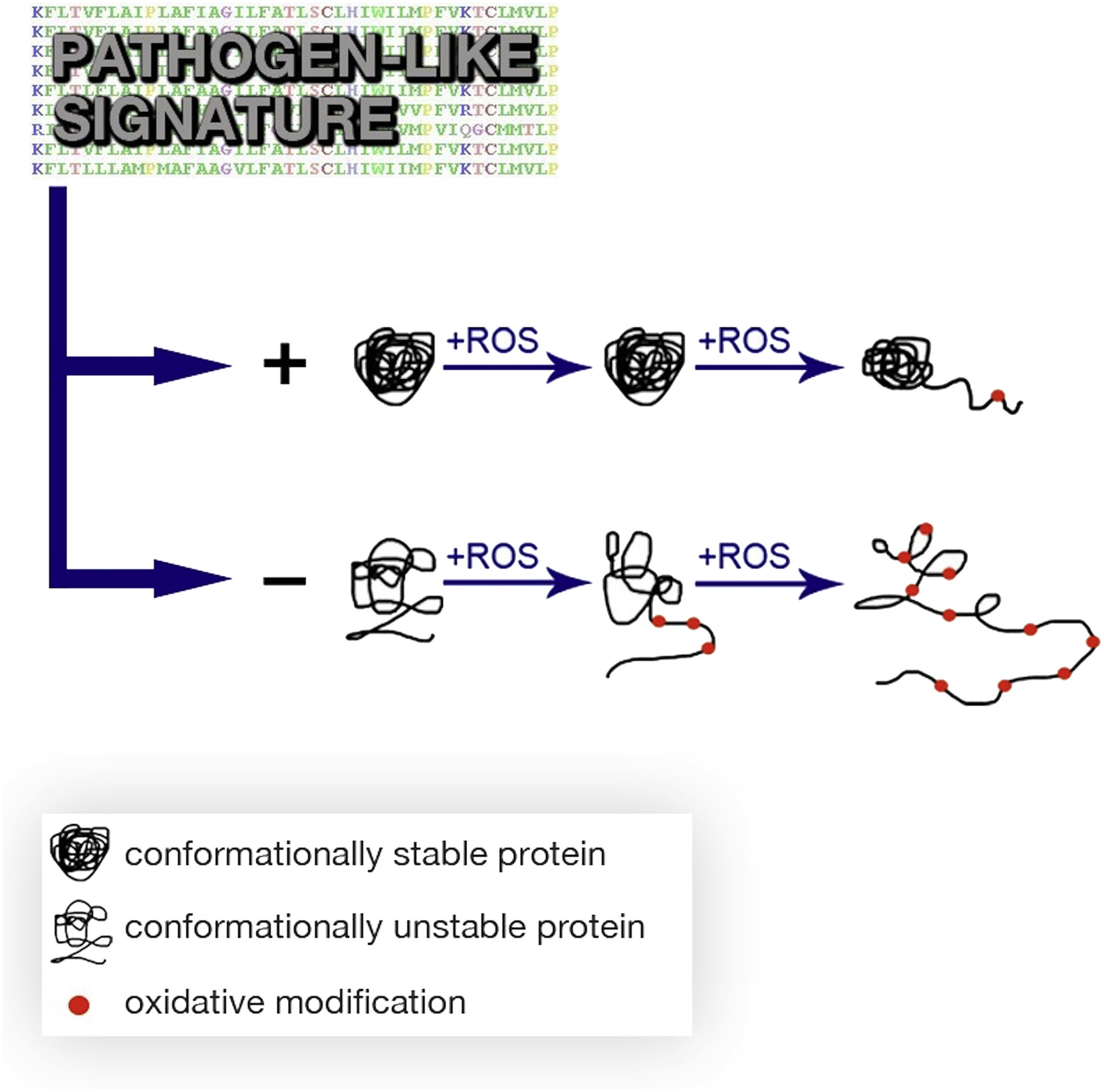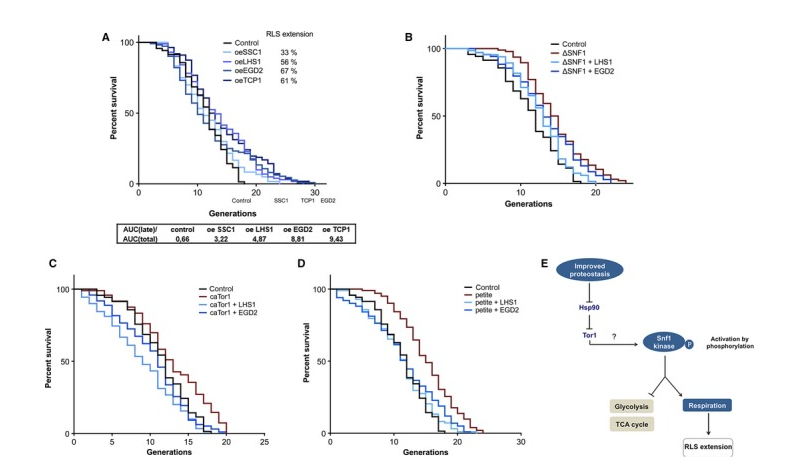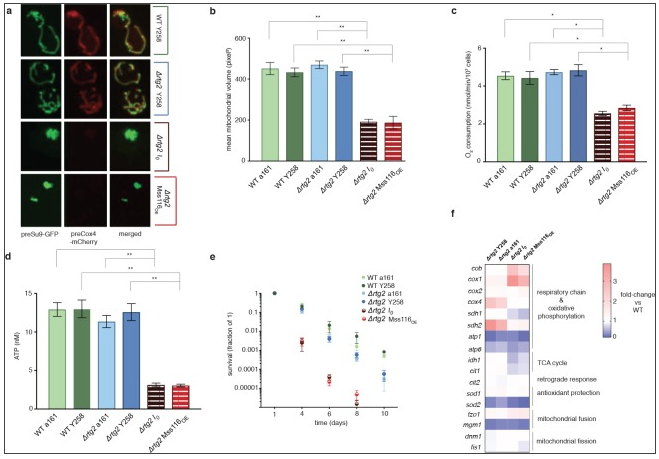Macromolecular homeostasis in aging
Aging is a natural phenomenon that occurs despite complex pathways of maintenance and repair. As chronological age of an organism increases, a number of errors accumulate at different levels of biological organization. The tendency of errors to accumulate and cause downstream problems in maintenance of cellular homeostasis is met by numerous protection and repair mechanisms.
Cellular proteostasis is maintained by a network of molecular chaperones, protein degradation machineries, and stress-response pathways, whose coordinated action senses and counteracts protein misfolding. The efficiency of proteostasis may decline, with well described consequences, especially in the context of numerous diseases and aging. Despite the indisputable importance of cellular proteostasis on multiple levels, the relationships between proteostasis and other cellular pathways remain poorly understood.
Our group seeks to understand the interplay between RNA and protein homeostasis and the cellular metabolic activity, as well as the role it has in cellular quality control. We focus on elucidation of cellular and molecular mechanisms underlying the ribostasis-proteostasis-metabolism crosstalk within and across cellular compartments. We aim to obtain an integrated picture of the effects that the quality of macromolecular folding environment is able to yield on cellular metabolism, thus contributing to understanding of the implications of this multifaceted network in aging and disease. Understanding this crosstalk may reveal novel insights into basic cellular functioning, and shed new light on the process of aging, and neurodegenerative diseases.
Funding
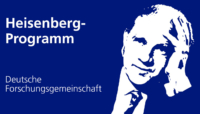
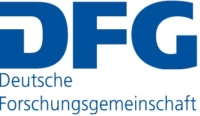
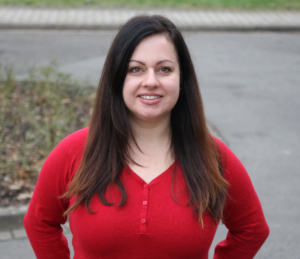
Education and Positions
Teaching activities
Selected Grants, Honors and Awards
Organization of meetings and science popularization events
Selected lectures
Editorials
Selected recent publications
Selected publications
Signatures of conformational stability and oxidation resistance in proteomes of pathogenic bacteria.
Protein oxidation is known to compromise vital cellular functions. Therefore, invading pathogenic bacteria must resist damage inflicted by host defenses via reactive oxygen species. Using comparative genomics and [...]
TORC1-mediated sensing of chaperone activity alters glucose metabolism and extends lifespan.
Protein quality control mechanisms, required for normal cellular functioning, encompass multiple functions related to protein production and maintenance. However, the existence of communication between proteostasis and metabolic networks [...]
Normal mitochondrial function in Saccharomyces cerevisiae has become dependent on inefficient splicing.
Self-splicing introns are mobile elements that have invaded a number of highly conserved genes in prokaryotic and organellar genomes. Here, we show that deletion of these selfish elements [...]
